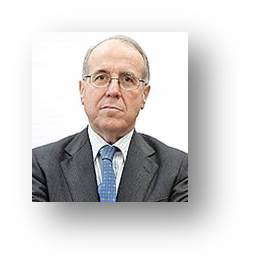BROSETA analyzes in depth the reform of the law of Capital Companies
BROSETA participated in the seminar on the reform of the law on Capital Companies organized by the Association of Economists of Valencia. Under the heading “General issues to take into account. Actions for the next general meetings of non-listed companies”, the meeting analyzed the policy of companies in terms of corporate governance, relevant not only to help themselves in the market in terms of transparency and prestige; but also as a key factor for improving their efficiency, generation of value and business culture. The Conference, attended by more than 150 attendees, featured three BROSETA professionals as speakers, Carmen March, Partner of the Commercial Department; Carlos Ochoa, lawyer specialising in Commercial law; and Enrique Hervás, Senior Associate of the Department of Employment law.
The program discussed draft amendments introduced by the reform, as well as their impact. The first paper, led by Carmen March, was devoted to examining developments in the regulation of the General Meeting and the actions to take into account for the first meeting of 2015. In particular the new powers of the General Meeting and the promotion of the shareholders, with particular attention to the vote, conflict of interests, the majorities, the right to information, as well as the rights of minorities or social arrangements, among others.
Carlos Ochoa presented innovations in the regulation of the governing body, emphasizing the direction of reform, major modifications and the preparation for the season of meetings scheduled for 2015. He noted, among the changes, the most comprehensive regulation of the duties of diligence and loyalty and the regime of liability of administrators; the operation of the Board of Directors and the compensation of the directors.
Enrique Hervás’ speech focused on the comercial/employment relationship between the organs of administration and the company and the theory of the link, with an explanation of issues such as contracts and the compensation of the directors, the common employment relationship, the special employment relationship of senior management staff, and the framework in Social Security.
After the examintaion of these subjects, the session opened a Q&A which functioned as a forum for discussion and debate that promoted interaction and participation of attendees, with the formulation of questions to speakers and also raised thoughts and interest on reform issues.



